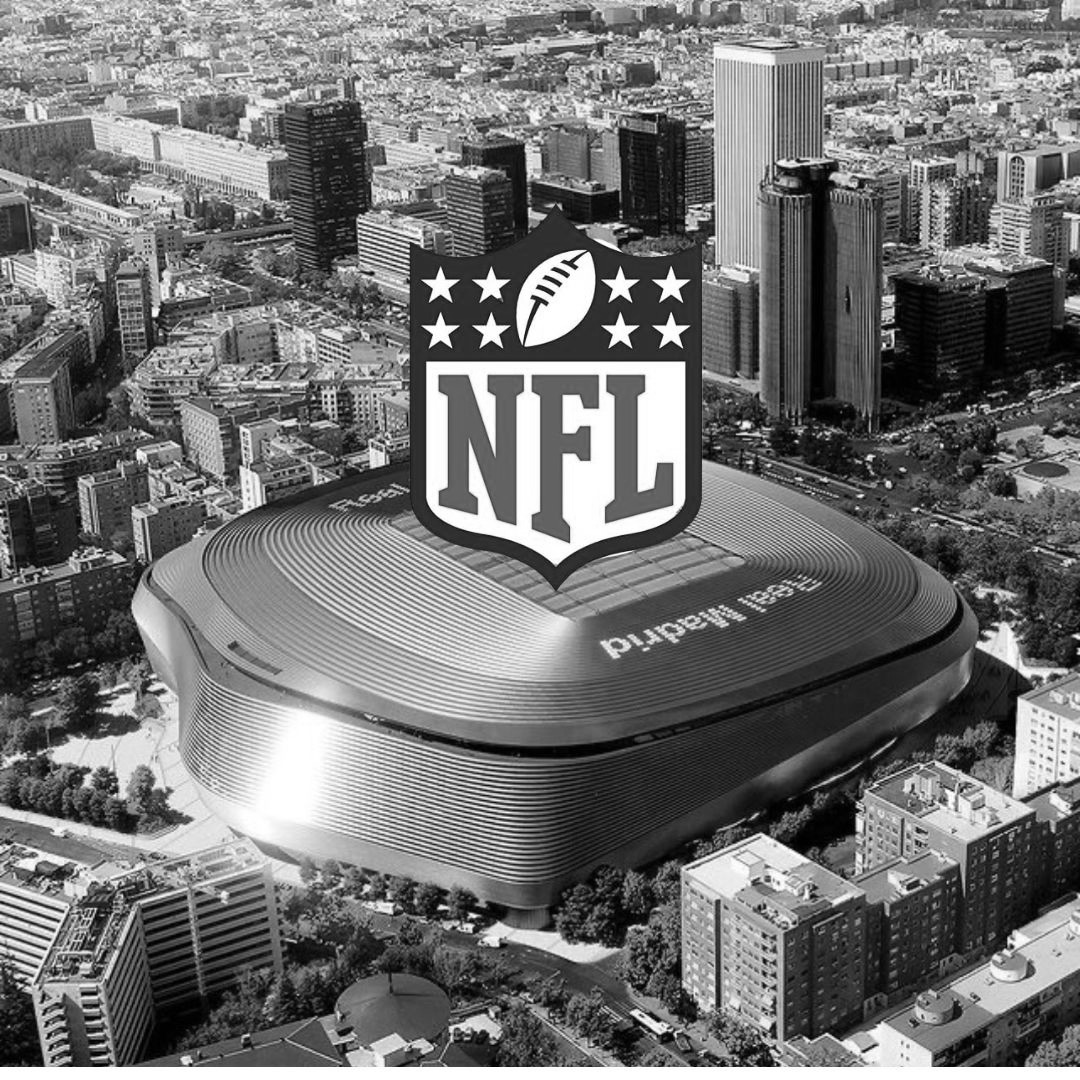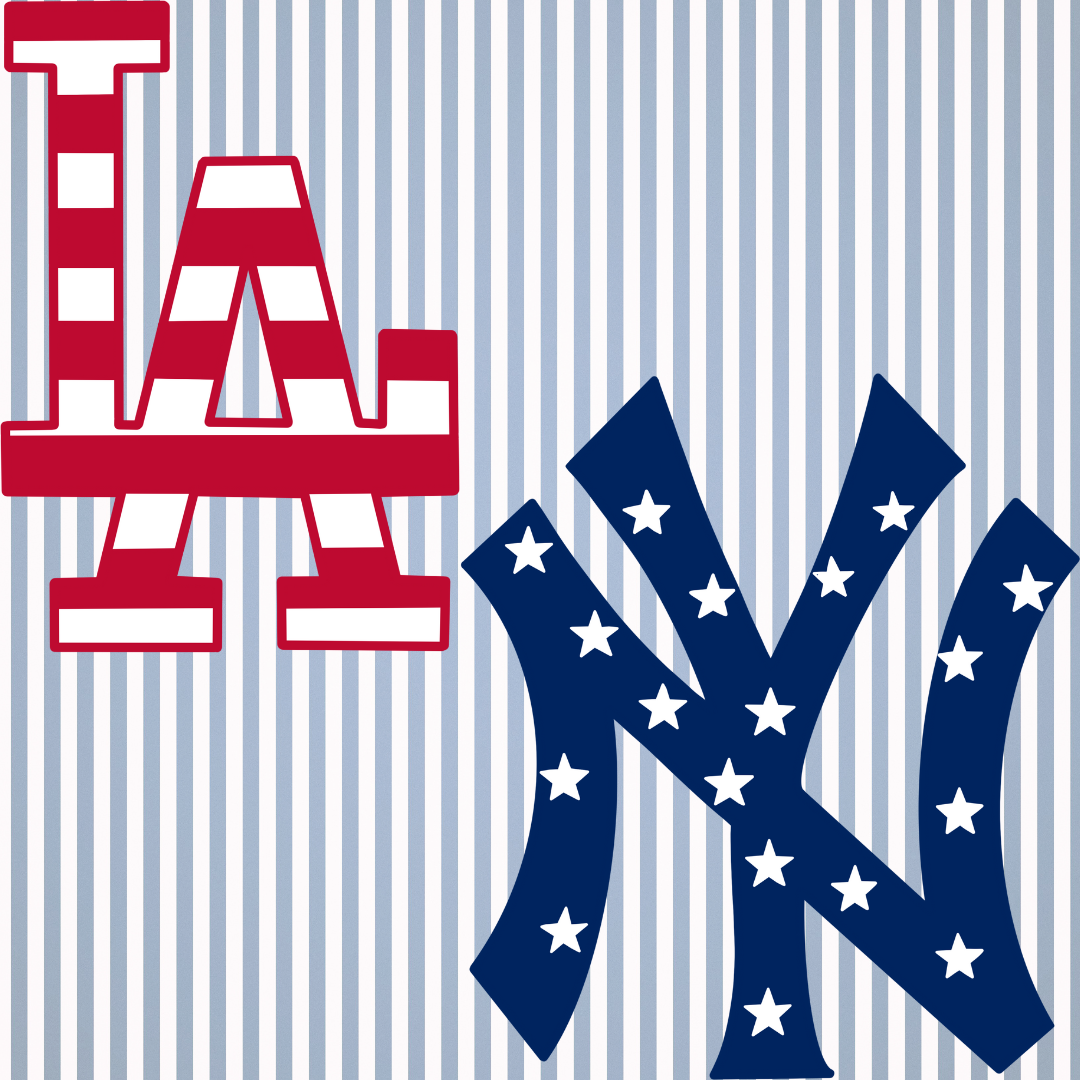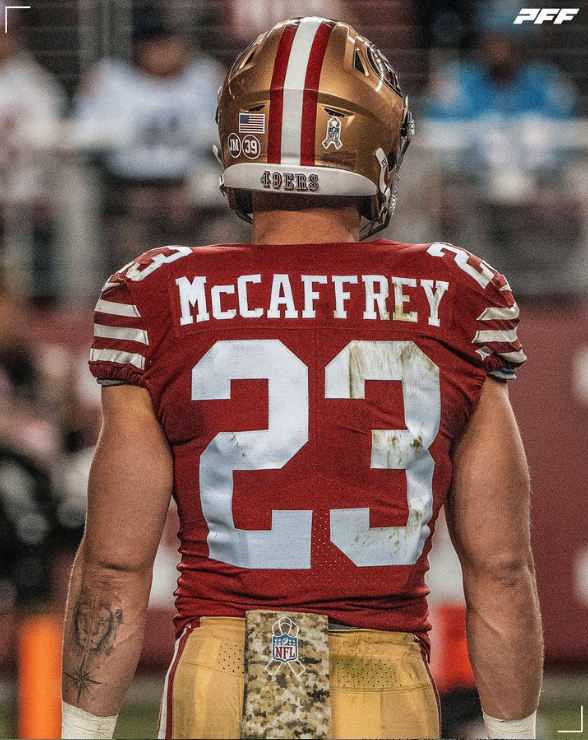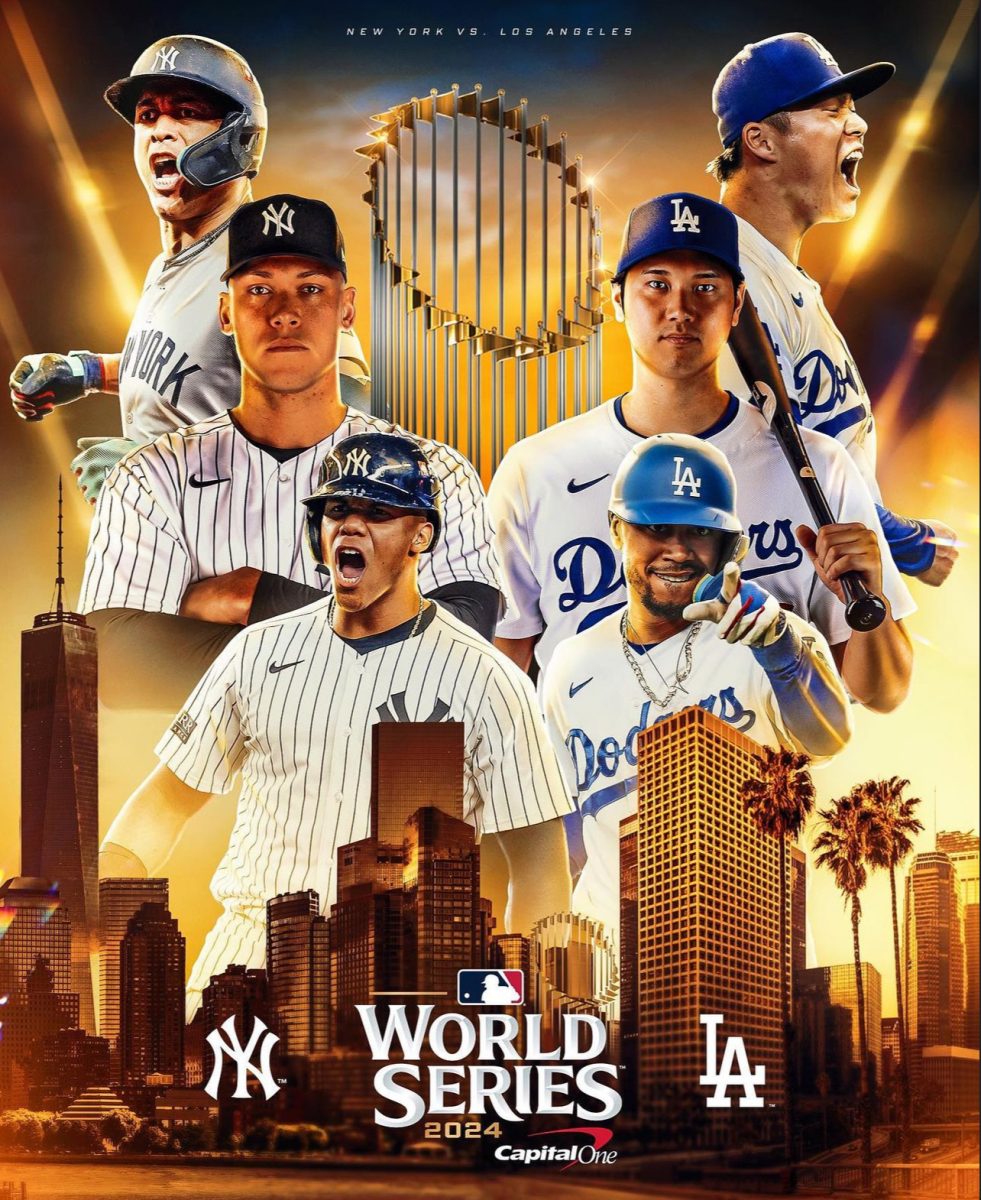By Brendan O’Connell
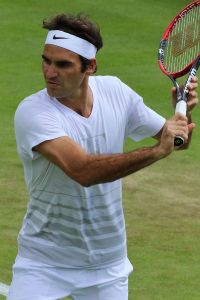
Early Sunday morning on the beautiful blue surface of Melbourne Park, Roger Federer defeated his longtime rival, Rafael Nadal, in the Men’s Final of the Australian Open. The meeting of these two legends was as unexpected as it was familiar and as appreciated as it was awaited. The match was worthy of all the hype.
The match lasted five grueling sets and three hours and 38 hard-fought minutes, but in the end it was Federer who added to his legacy by capturing his 18th Grand Slam singles title, 6-4, 3-6, 6-1, 3-6, 6-3.
After months of rest and rehabilitation from career-threatening injuries, both Federer and Nadal returned from extended absences and did not disappoint. With both superstars aging they were ranked unusually low, as the Swiss virtuoso came in seeded seventeenth and the Spanish icon ninth.
The matchup marked the eighth time the two faced off in a major final, and the first such occurrence since the 2011 French Open. History was on the line, and perhaps for the final time.
At 35 years old, Federer became the oldest man in over four decades to reach a Grand Slam final — his 28th overall. Though, for the casual fan, it may seem Federer wins or is in the final of just about every Grand Slam event, this victory was a long time coming.
From 2003 to 2012, Federer was as excellent a player as the sport may ever see. In his younger years, he went up against the likes of Andy Roddick and Andre Agassi, emerging to the top of a crowded field of competitors that, in time, included Nadal, Djokovic, Murray and more. He reached 24 finals over that span and won 17 of them, including a stretch of 11 of a possible 15 crowns.
Before Sunday, however, Federer had appeared in just three of the past 17 Grand Slam finals, winning none of them. His last title was his 2012 Wimbeldon triumph over Great Britain’s Murray. With time and injury compromising his abilities to perform and prevail, the question arose: would we ever see Federer win again, at the highest of levels?
Then came a resounding answer. After a six-month absence, Federer showed his brilliance as he had done so many times before.
After a back-and-forth match, Federer found himself down 3-1 in the fifth set. At that point, he dug deep into his repertoire of skills and found it within himself to play arguably his greatest handful of games of his illustrious career. His signature backhand, stoic demeanor, gorgeous forehand and unmatched grace took center stage, as he proved his distinction to the world, for perhaps the final time.
Roger Federer will go down as the greatest man to ever play the sport of tennis. His record of Grand Slam titles and appearances speak for themselves, his unique skill and strategy are forever engrained in tennis lore and his will to win and competitive drive will inspire generations. Yet what sets him apart is his poise under pressure, his grace in victory and defeat and the fact that he has achieved all his success in the finest age of tennis, against a number of all-time greats in their primes.
This Australian Open gave us one more moment of it.






































































































































































































